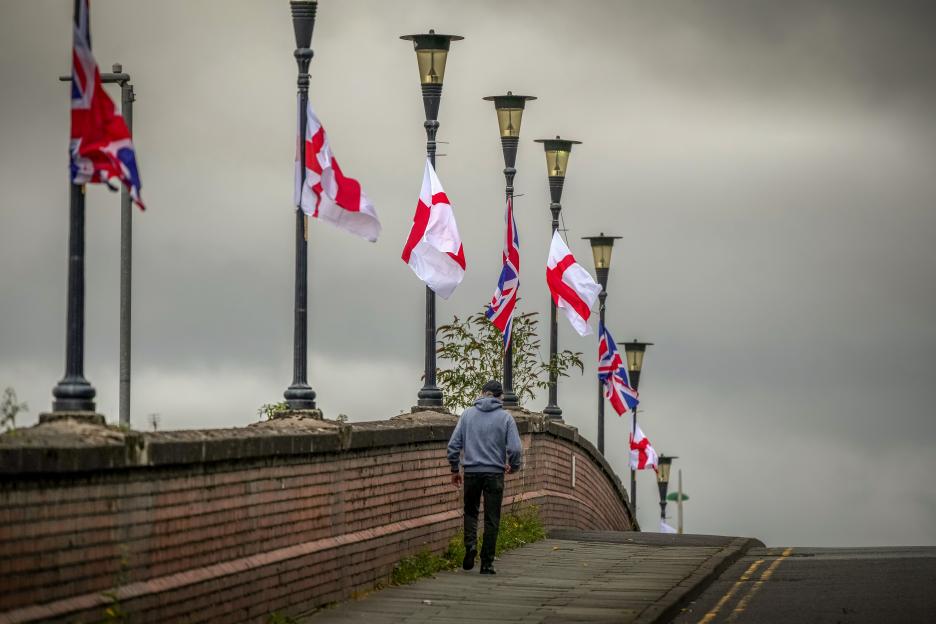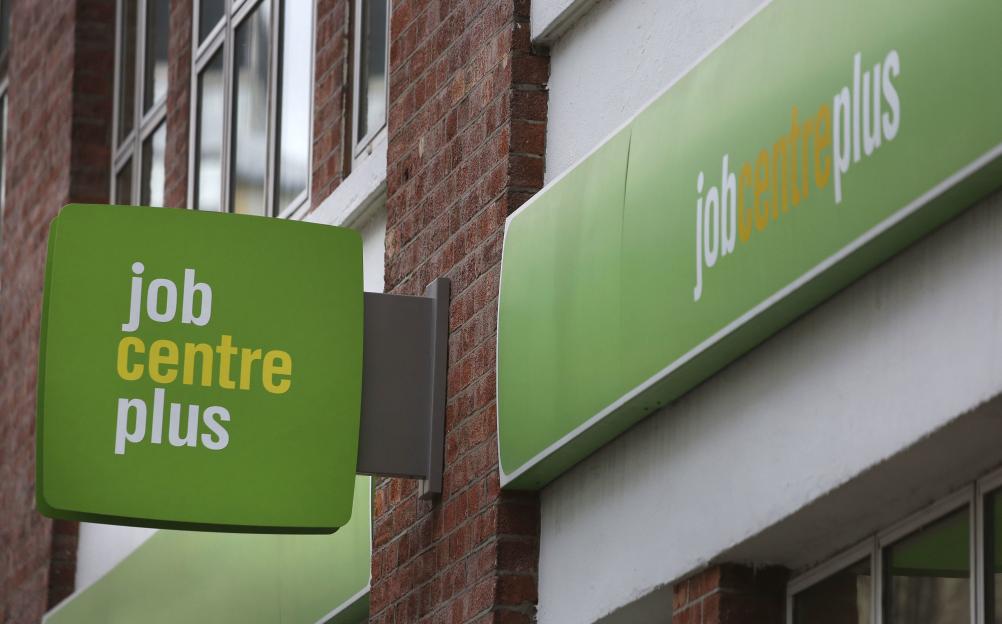Table of Contents
- Introduction
- Security Gains and Reforms
- Economic Reforms
- International Engagement
- Conclusion
- About the Author
The recent decision by the United States to designate Nigeria as a “Country of Particular Concern” has attracted global attention, but it also risks overshadowing significant reforms and security advancements currently taking place in Africa’s largest democracy. While Nigeria undeniably grapples with security and religious tolerance issues, the narrative is incomplete without recognizing the intentional measures the Tinubu administration has implemented to promote religious freedom, safeguard communities, and restore stability.
Since taking office, President Bola Ahmed Tinubu’s administration has prioritized national security and unity. Renewed counter-terrorism efforts have disrupted major insurgent networks in the Northeast, while increased intelligence-led deployments in the North-Central region continue to mitigate farmer-herder conflicts. In the Northwest, coordinated military actions are dismantling bandit networks, and improved maritime security in the Niger Delta and Gulf of Guinea has significantly curbed piracy and oil theft, thereby protecting both lives and national resources.
In addition to security measures, the government has bolstered community reconciliation initiatives and socio-economic programs to tackle the underlying causes of conflict. Humanitarian assistance for displaced individuals has broadened, interfaith dialogue platforms have been strengthened, and community policing frameworks are being enhanced. Importantly, the rights of Nigerians to worship freely—whether as Christians, Muslims, or followers of other faiths—are guaranteed and actively defended, with the President consistently affirming that no citizen’s safety or religious freedom should be compromised.
At the same time, the administration has enacted economic reforms that may be unpopular in some circles, yet are essential to reset the economy after years of structural strain. The removal of fuel subsidies, alignment of exchange rates, and stricter fiscal discipline aim to stabilize the macroeconomic landscape, attract investment, and establish a foundation for sustainable growth. In this fragile yet recovering phase, such a designation risks undermining investor confidence and placing additional pressure on the economy.
Discussions with officials and policy experts in Washington, where I have previously served, indicate that documentary and video evidence, along with direct engagement with victims and advocacy groups, influenced the United States Government’s decision. Whether one agrees with Washington’s conclusion or not, its stance is based on intelligence assessments and survivor testimonies. Nigeria must therefore respond with clarity and confidence. The nation faces ongoing terrorism, and few countries have dedicated as many lives, resources, and political capital to combatting violent extremism and protecting religious communities.
Nigeria’s dynamic civil society and independent media are vital tools for accountability. International partners, including the European Union and the United Nations, have acknowledged Nigeria’s renewed commitment to inclusive governance and the rule of law.
Nigeria welcomes constructive international collaboration. To this end, the government should enhance dialogue with Washington, share intelligence, carefully examine the cited evidence, and provide additional context on verified terrorist activities affecting communities of all faiths. Cooperative engagement, rather than isolation, will foster mutual understanding and prevent misrepresentation of the realities on the ground.
Labels of this nature can empower extremist narratives, disrupt markets, and undermine ongoing reforms aimed at creating a safer and more prosperous nation. The United States remains a strategic partner, and sustained engagement based on mutual respect and shared democratic values is essential. Nigeria’s path forward necessitates collaboration and dialogue, particularly at a time when reforms are beginning to show gradual progress.
Nigeria acknowledges its challenges and is addressing them with determination and reform. The nation’s future will be shaped not by external labels, but by continuous domestic advancement, constructive diplomacy, and genuine international partnerships.
**Soneye is a Nigerian media entrepreneur and communications strategist. He served as Chief Corporate Communications Officer of NNPC Ltd**
Frequently Asked Questions
What does it mean for Nigeria to be labeled a "Country of Particular Concern"?
This designation indicates that the United States government has concerns about religious freedom and human rights violations in Nigeria, which could impact international relations and aid.
How is Nigeria addressing its security challenges?
Nigeria's government has intensified counter-terrorism operations, improved intelligence-led deployments, and strengthened community reconciliation programs to tackle the root causes of conflict.
What economic reforms is Nigeria implementing?
Key economic reforms include the removal of fuel subsidies, exchange-rate alignment, and enhanced fiscal discipline to stabilize the economy and attract investment.







